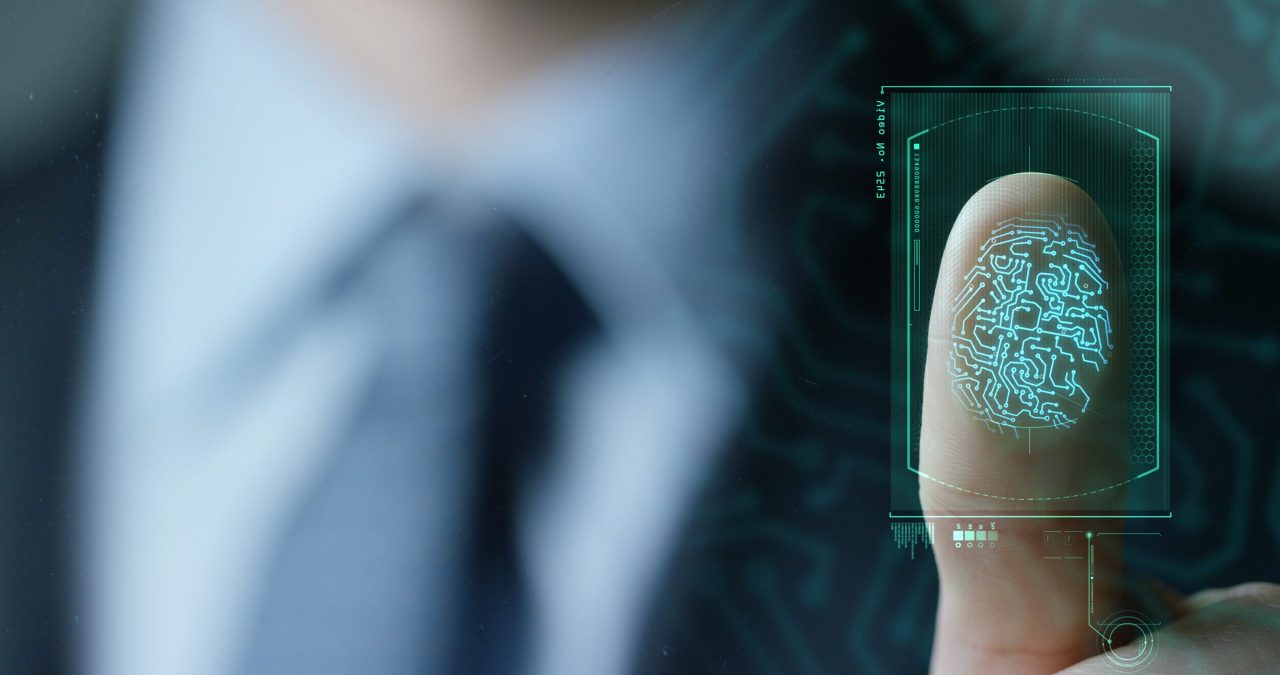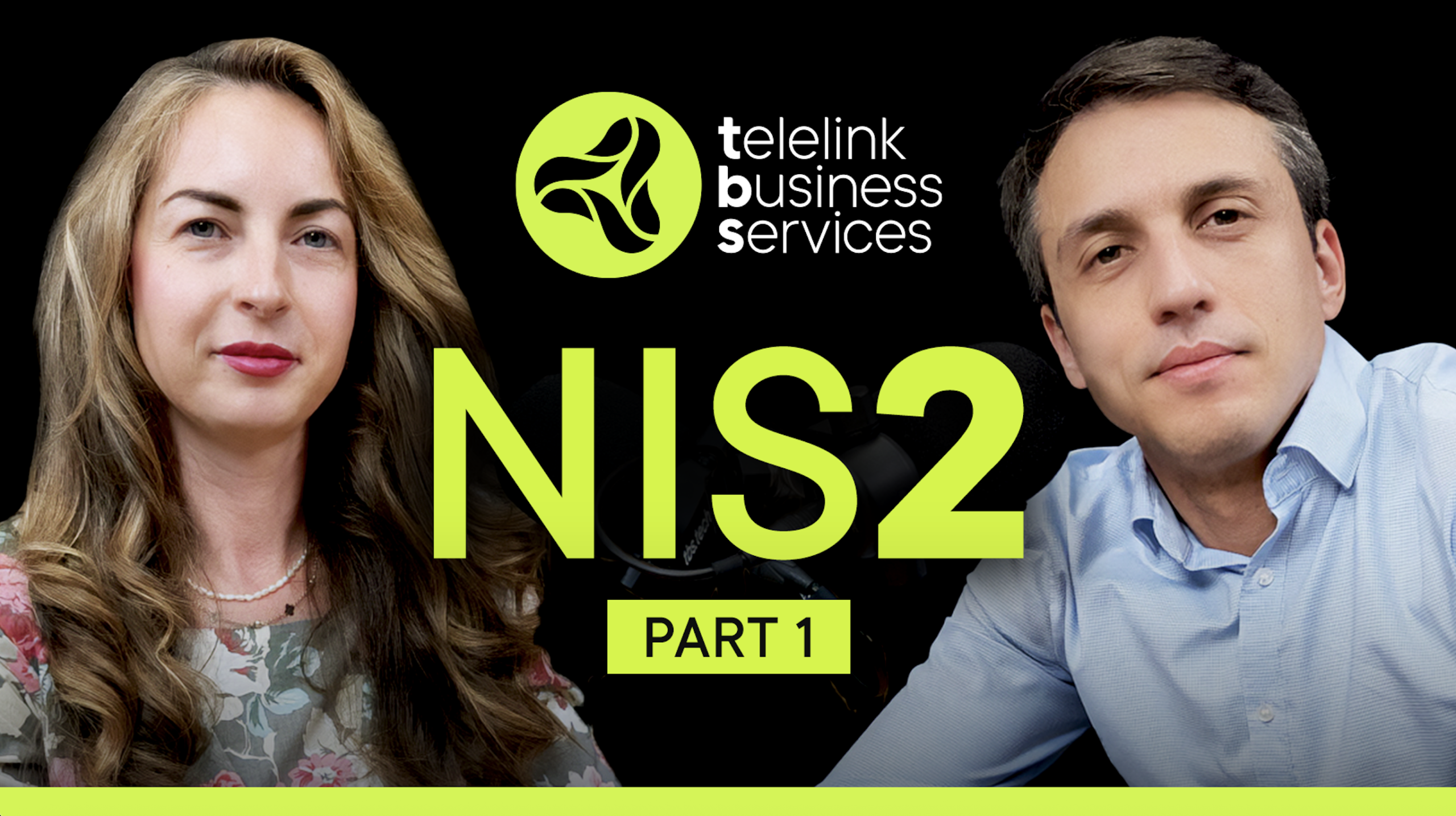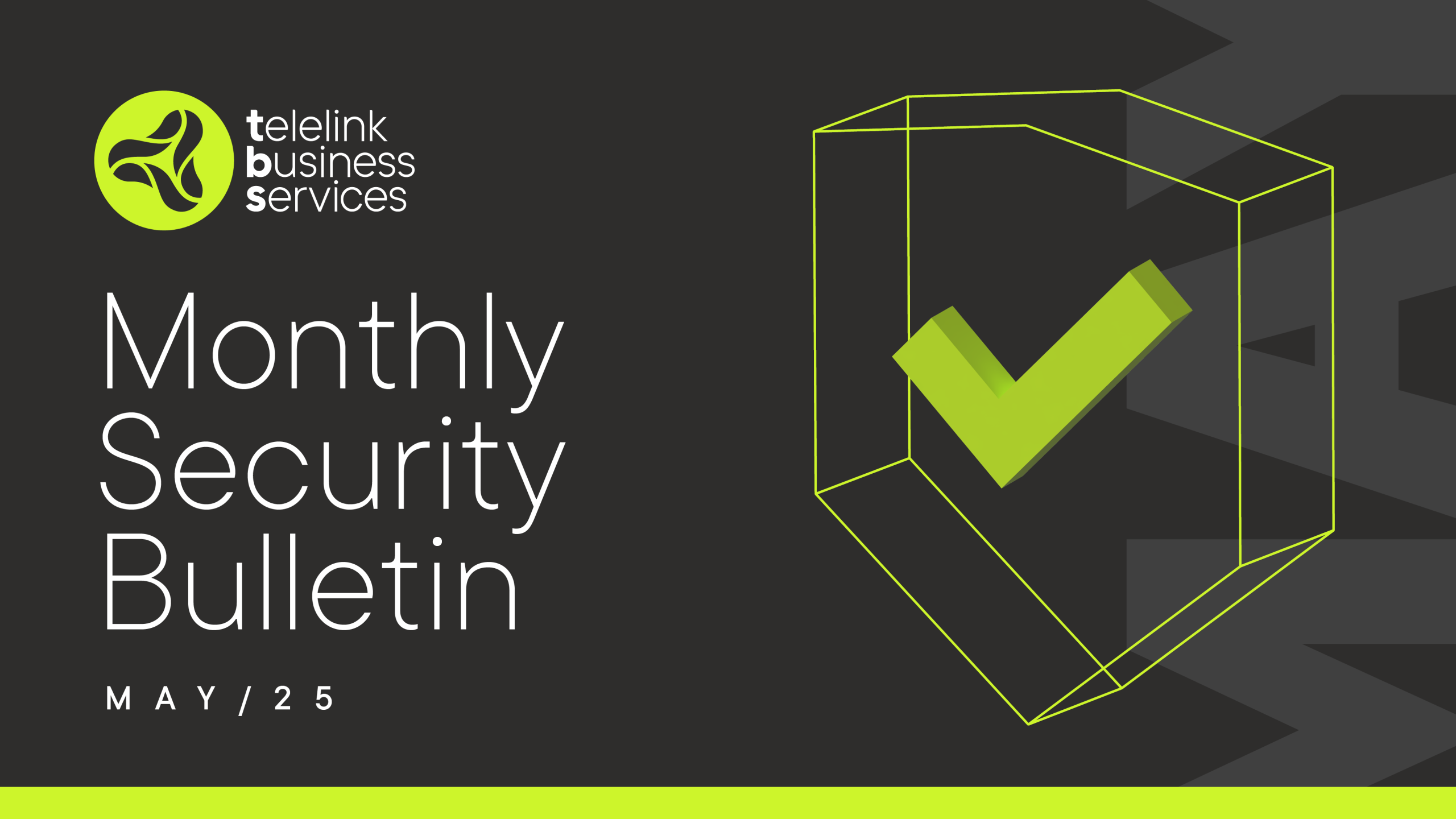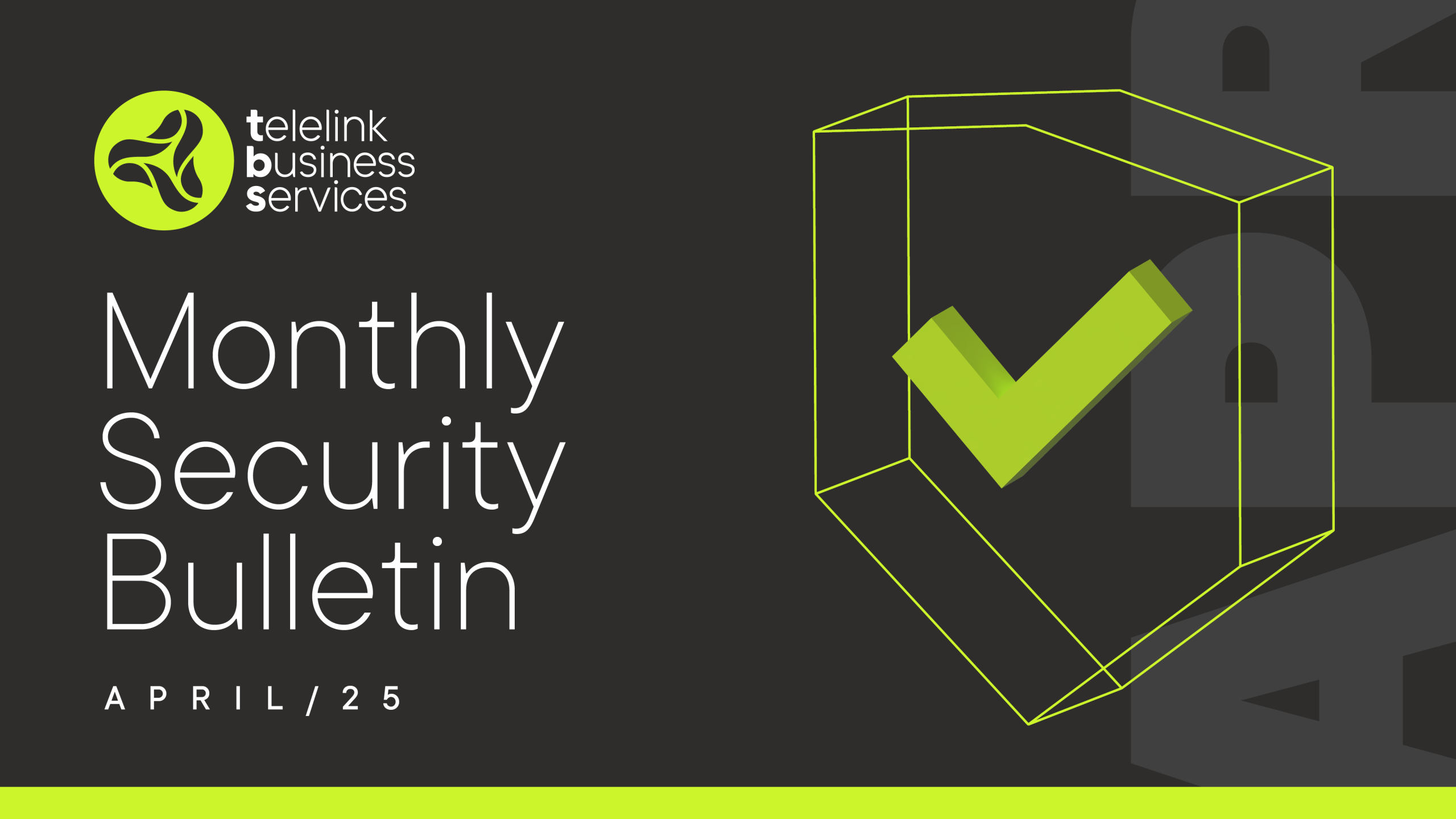Multi-Factor Authentication Helps Secure Remote Access
A few months ago, remote work was rather an exception that the rule for many organizations. Suddenly, we had to quickly enable access to internal resources – applications and data only available in the internal network – from anywhere. Virtual Private Networks (VPN) and Remote Desktop Connections (through Remote Desktop Protocol) enabled an easy transition. However, if people are required to provide only their username and password, there is a high risk of compromise. We need an additional layer of defense to protect remote access.
Multi-Factor Authentication (MFA) lets us verify that the request for access comes from someone we trust by providing us with proof – for example, upon a successful scan of their fingerprint. MFA enabled by Cisco DUO is an essential component of our solution for remote access – Secure Desk Anywhere.
These are a few reasons why your organization should consider adopting MFA – in scenarios such as remote access and beyond.
Protect against unauthorized access
One of the main threats that come with remote work, are stolen or brute-forced credentials. These are involved in more than 80% of attacks. With MFA a username and a password are not enough to gain access to internal network, applications, and data. Even if credentials get compromised, the additional verification step prevents bad actors from gaining access.
Comply with regulations and other requirements
There are regulations that strictly require that at least 2-factor authentication be applied to protect remote access, as is the case with the European Network Information Security (NIS). While NIS may not apply to most organizations, the more general GDPR requires them to “implement appropriate technical measures to ensure a level of security appropriate to the risk”. As most of us work remotely, MFA helps reduce the risk of a data breach.
Protect both on-premises and cloud assets
In many cases, applications are data are hosted both on-premises and in the cloud. Multifactor authentication can be applied in both scenarios, acting as an additional layer of defense. Cisco Duo, part of Secure Desk Anywhere, can serve organizations in this direction.
Apply even more precision to access
Multifactor Authentication lets organization take into considerations many factors, one of them being the location from which the request is initiated. This enables organizations to easily block malicious attempts.



